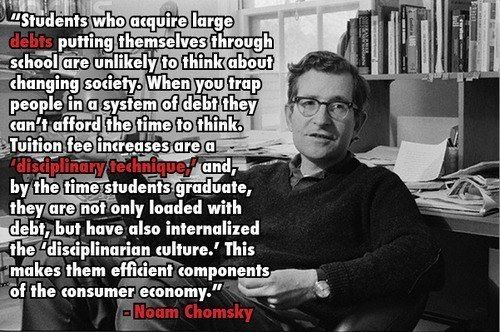Tagged: federak reserve bank
The mindful Millenial generation
Most college graduates and undergraduates shudder at the words loan and debt. After all, once the hype and happiness of graduation is over, and graduates enter the workforce, pursuing a check that will decrease debt becomes a priority. You come to realize that, even though girlfriends may go and job locations may change, that big, fat six figure sum you owe sticks to you like a leech.
It is going nowhere.
Amid this uncertainty, what happens if we add into the $1 trillion loan-debt concoct the most recent study by the Federal Reserve Bank of New York, which suggest students have slowed the economy’s recovery?
The study reveals the two main motors for the economy’s recovery —the car and real estate industries— have significantly lowered their sales to students since 2008, specifically those sales to student borrowers in their twenties and thirties. As seen in the charts below, even though the median age for first time home buyers has remained stable at 30 years of age since 2008, according to the National Association of Realtors, young people are not borrowing money to buy cars and houses.


Those young individuals with student loans represent an important shift for the economy. They have swapped, as Derek Thompson, senior editor at The Atlantic, describes in one of his articles, the possibility to buy a brand new Prius and college-grad home for a shot at higher education.
What’s really changed is what kind of debt they have. Young people have swapped student loans for mortgage and auto loans. They’ve traded cars for college and homes for homework.
Are students responsible for the slug-moving recovery of the economy? Not quite. As far as higher education in the United States goes, young students are trading their material assets for more skills, more knowledge and better preparation.
In no other era had the United States had more students in its colleges and universities than now. As Thompson points out, average debt among students ranging the age of twenty years hadn’t been this low since 1995.
And, as he suggests, college students weren’t going to buy homes, anyway, whether the car and real estate industries agree with it.
With youth unemployment kissing 18 percent through 2010, more young American realized that the opportunity cost of leaving the labor force to go to school had never been lower. They wouldn’t have bought homes, anyway. They wouldn’t have bought cars, anyway. The economy was too rotten. So for many of them, the choice wasn’t been a four-bedroom house and four more years of school. It was between school and underemployment. They chose wisely.
However great in his vantage point, Thompson failed to recognize marketability creates a job distinction between trades, which require technical education or apprenticeship, and specialized jobs, which require an undergraduate or advanced college degree (see astrophysics and medicine).
Aside from mentioning the college premium or degree bonus, he does not provide information about how some segments of society have erroneously bought into the idea that a college degree instantly turns university graduates into more successful job prospects. That’s a neat idea for an article on comparative perspectives, right there.
Despite most journalist professors deem as unorthodox those cases where students begin their copy with a question, Thompson’s greatest hook lies in his title — “Are student loans destroying the economy?” He asks his readers.
I think we know the answer.
Photo credit: vortexanomaly.
